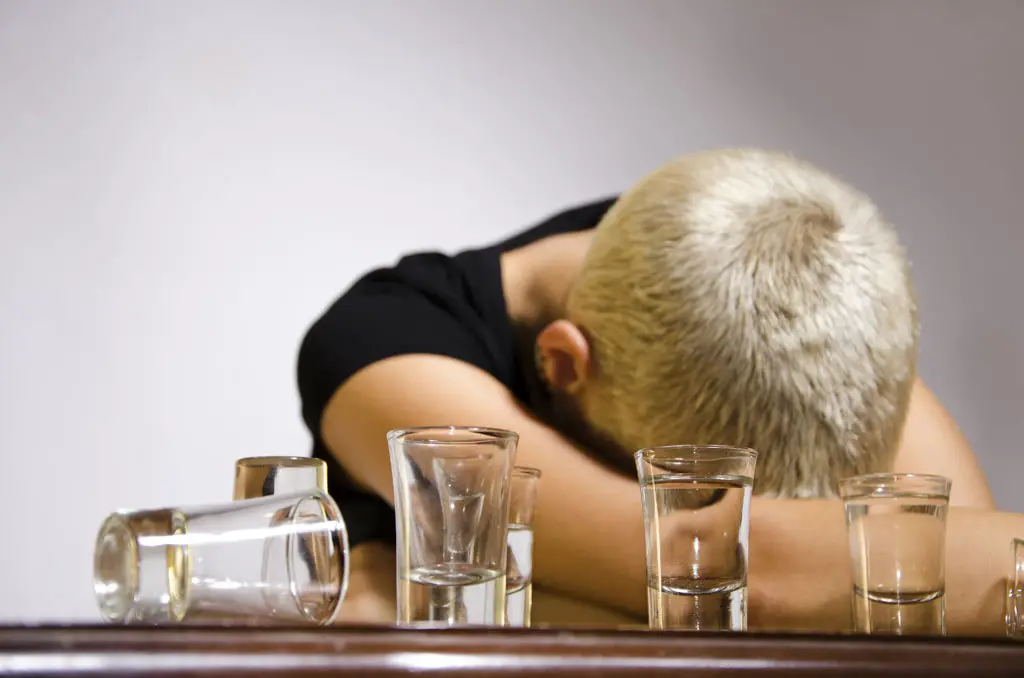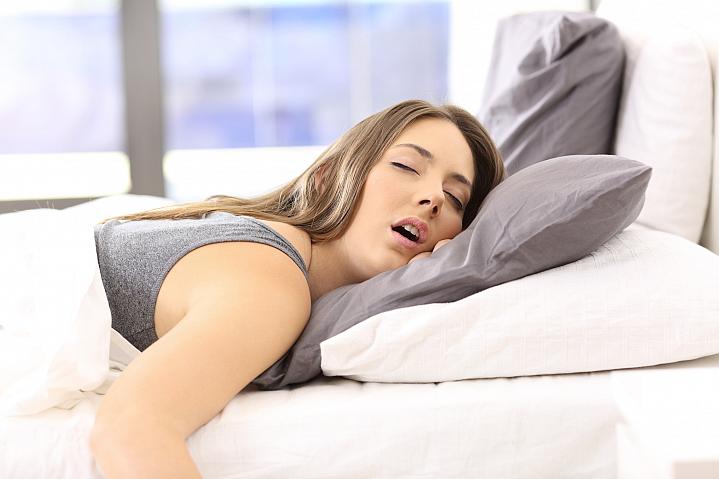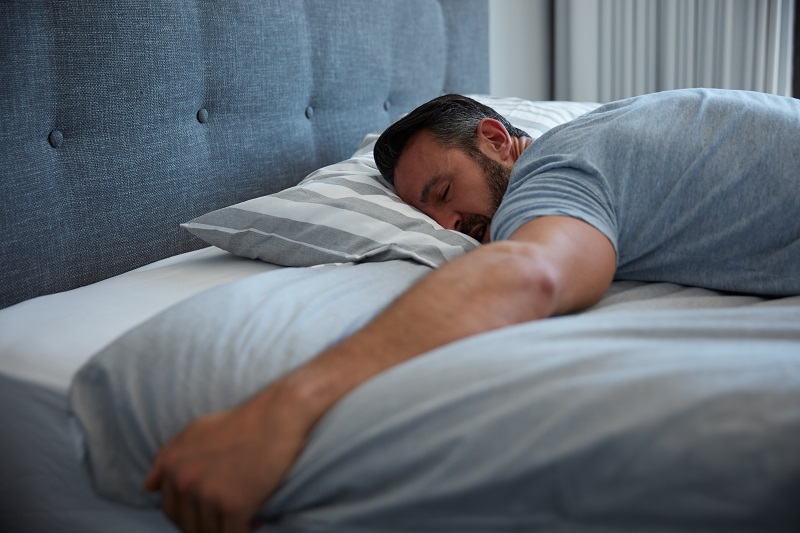It’s uncommon for some people to enjoy alcoholic beverages occasionally – they love to enjoy a glass of wine at dinner. Social drinks at friends’ gatherings and a cold beer to enjoy the summer night is also relishing for them. Apart from these all, alcohol is considered to be the best-moderated thing. If you are having too many drinks, it not just makes you feel clumsy and tipsy but getting these drinks in excessive amounts also affects your overall well-being.
Sleep and alcohol have a complex relationship as it makes your nights more complicated, and you find difficulty in having a soothing sleep at night. Additionally, lack of sleep can worsen hangovers but “does sleep help hangovers?”
Hangovers not only make people physically uncomfortable, but they can also disrupt daily activities while working at school or work. People who use alcohol regularly should know the techniques for alleviating hangover symptoms.
While the symptoms associated with hangovers can be greatly alleviated by having enough sleep, furthermore, having a peaceful sleep at night also helps in rehydration, enhancing mental restoration, and restoring energy levels. Read on to maximize the benefits of having sleep and avoiding hangovers.
Table of Contents
ToggleWhy Does Alcohol Lead to a Hangover?

Your body can experience several effects from alcohol consumption, all of which may serve as the symptoms of a hangover. People who used to have too much drinking are aware of some unpleasant symptoms that are listed below:
- It causes more urination and leads to dehydration. The alcohol itself makes your body extract more urine, so it’s not just because of all the liquid you’re utilizing.
- Alcohol lowers your blood sugar level and results in weakness, moodiness, and fatigue.
- It also expands your blood vessels which leads to severe headaches.
- Alcohol disturbs your stomach and causes stomach acid production.
- Temperament disorders, anxiety, depression, and irritability
- Nausea, Vomiting or stomach-ache
- Intense sensitivity to sound and light
- Lack of sleep
- Faintness
These symptoms, such as the duration of the sensitivity, last upon the consumption of the alcohol and vary on the sex, age, and amount of alcohol consumed. All these unpleasant symptoms associated with hangovers convince people to find a treatment to alleviate them. Though, there are various hangover cures available you can try out.
Studies indicate that alcohol plays a significant role in sleep disorders. Moreover, alcohol only helps in the first half of the night but disturbs the second half of the sleep schedule. As a result, alcoholics may suffer profound insomnia, extreme daytime sleepiness, and distorted sleep architecture. That’s why it’s essential to have proper sleep when you are aiming to recover your body.
Study subjects who got up frequently in the middle of the night and slept for a shorter period overall reported more symptoms of thirst, sweating, nausea, heart palpitations, clumsiness, and shivering.
However, various factors help in the development of hangovers. Dehydration is one of the most important factors that occurs due to excessive alcohol consumption and results in deficiency of electrolytes and increased urination. Dehydration also causes thirst, dry mouth, and fatigue.
Before we head on over, you should know the effects of hangover might have on your body. So, you’ll get information about managing the hangover symptoms and improving your overall well-being.
As we have mentioned above, lack of sleep is one of the symptoms of hangovers, due to which people face difficulty in having a good sleep. Though, there are various things you can do for a peaceful sleep at night and to reduce the effect of a hangover.
How to Get Better Sleep During a Hangover

What if you don’t want to disrupt your sleep and face a hangover but want to enjoy alcohol? Don’t fret, and remember that prevention is the best cure to start beautiful mornings and relaxing nights. Here are some prevention suggestions for avoiding a hangover so you can wake up bright-eyed and energized in the mornings, even after a nightcap.
- Make sure to have enough water and stay hydrated before going to bed. It can help encounter dehydrating effects of alcohol and eliminate the brutality of hangover symptoms. Make a routine to drink plenty of water and follow the 1:1 rule when you’re out with friends for a drink. It means prioritizing drinking water after every alcoholic drink you’re enjoying. It will help in both staying hydrated and lowering alcohol consumption.
- Although drinking fluids with electrolytes can help your body waste fewer fluids and can ease any possible headaches, sports drinks like Gatorade or Powerade, Pedialyte, or warm broth are all excellent sources of electrolytes you can try out.
- One of the most important things to consider for enjoying alcohol without disrupting your sleep is to stop using its consumption for a few hours before going to bed. It will surprisingly help you improve sleep quality even if you have just one or two glasses at home. That’s how you can refrain from the intake of alcohol in your body and give relief to your system before falling asleep.
- The goal is to have adequate sleep required, which should be a minimum of 7 or 8 hours per night. Additionally, the sleep schedule should be consistent as it helps regulate the natural sleep-wake cycle of the human body. A comfortable sleep environment also helps in having a soothing sleep. For this, using earplugs, comfortable pillows, and a white noise machine to hinder the noises can be helpful.
- There are sleep aids, including melatonin supplements and chamomile tea, that can also be helpful for some individuals battling for a good night’s sleep. But must consult with a healthcare professional before trying any sleep aids, specifically when you’re taking any medications due to suffering any medical problems.
With these best tips, you can get maximum chances of getting a comfortable and peaceful sleep at night, even during a hangover.
Conclusion
While there are various other hangover cures available apart from a night’s sleep, some are backed by science and evidence-based. To avoid hangovers, you can follow the best practices, including eating good food, limiting high congener drinks, drinking plenty of water, and taking adequate medication or supplements. In conclusion, “Does sleep help hangover” is somehow resounding yes as it more frequently helps diminish hangover symptoms. Also, consider that sleep alone cannot be sufficient for alleviating all symptoms, so also consider other factors as well.

I am a passionate beer connoisseur with a deep appreciation for the art and science of brewing. With years of experience tasting and evaluating various beers, I love to share my opinions and insights with others and I am always eager to engage in lively discussions about my favorite beverage.
















